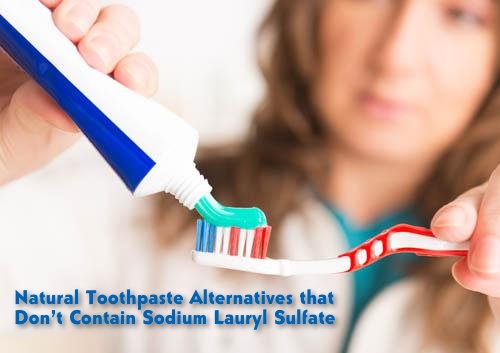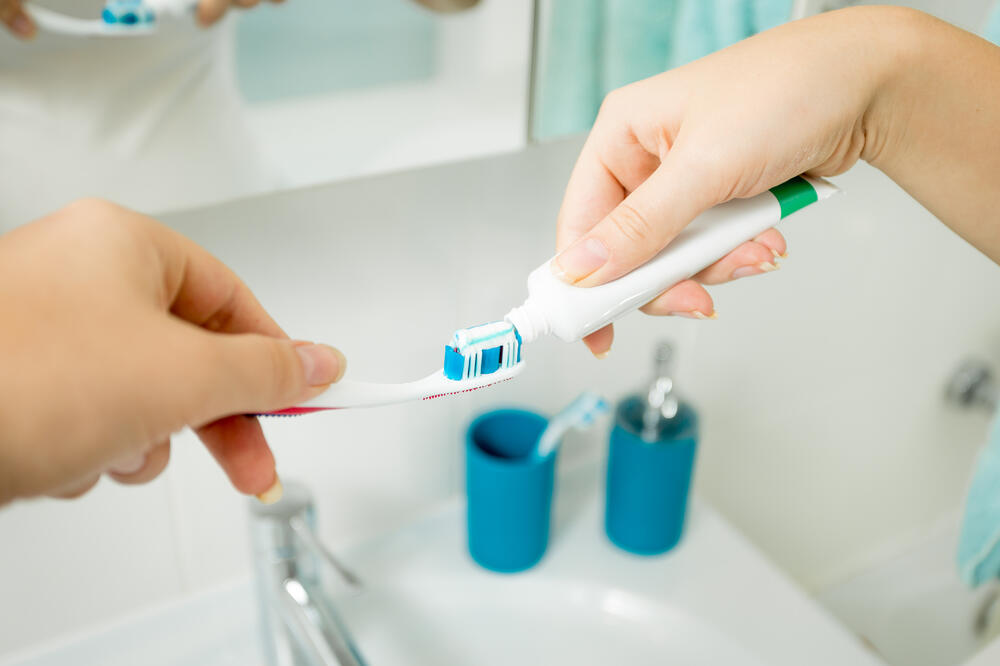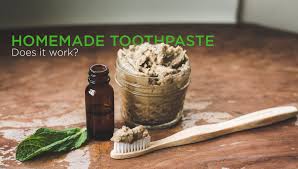Natural Toothpaste Alternatives that Don’t Contain Sodium Lauryl Sulfate

Sodium Lauryl Sulfate (SLS) is a common ingredient found in many conventional toothpastes. It’s used to create foam and help clean the mouth, but some people experience irritation, dry mouth, or mouth ulcers because of it. For those looking to avoid SLS, there are several natural alternatives that clean teeth effectively without harsh ingredients. This guide outlines simple, non-toxic options that support oral health without including SLS.
Why Avoid Sodium Lauryl Sulfate?
SLS is a surfactant, meaning it helps a product spread and foam. However, it can be too harsh for sensitive mouths.
Possible Issues with SLS:
- Mouth dryness
- Gum irritation
- Increased risk of canker sores
- Disruption of the mouth’s natural pH
Choosing SLS-free alternatives can lead to better comfort, especially for those with sensitive gums or certain oral conditions.
Ingredients to Look for in SLS-Free Toothpaste

Instead of SLS, natural toothpastes often include these ingredients:
| Ingredient | Purpose |
|---|---|
| Baking soda | Gently whitens and cleans |
| Coconut oil | Reduces harmful bacteria |
| Bentonite clay | Absorbs toxins, mildly abrasive |
| Xylitol | Helps prevent cavities |
| Essential oils | Adds flavor and fights bacteria |
| Aloe vera | Soothes gums and reduces inflammation |
Store-Bought Natural Toothpaste Options (SLS-Free)
There are several natural toothpaste brands that specifically avoid SLS while maintaining effectiveness.
| Brand Name | Key Features |
| Tom’s of Maine (SLS-Free line) | Fluoride and fluoride-free options available |
| Hello Toothpaste | Uses xylitol, coconut oil, no SLS |
| Jason Toothpaste | Natural ingredients, gentle formula |
| Dr. Bronner’s | Organic, no foaming agents |
| Burt’s Bees | No artificial sweeteners or detergents |
Tip: Check labels carefully—some versions of a brand may contain SLS, while others don’t.
Simple Homemade Toothpaste Recipes

If you prefer to make your own toothpaste, there are easy DIY options using kitchen ingredients.
Recipe 1: Baking Soda & Coconut Oil Paste
- 2 tbsp coconut oil
- 2 tbsp baking soda
- Optional: 5 drops peppermint essential oil
Mix until smooth and store in a small jar. Use a small spoon to apply.
Recipe 2: Bentonite Clay Blend
- 2 tbsp bentonite clay
- 2 tbsp water
- 1 tbsp xylitol
- 5–10 drops tea tree or peppermint oil
Whisk together and store in a glass container. Avoid metal utensils when using clay.
Recipe 3: Aloe Mint Gel
- 2 tbsp aloe vera gel (food-grade)
- 1 tsp baking soda
- 4–5 drops spearmint essential oil
Blend into a smooth gel. Good for sensitive mouths.
Benefits of Going Natural
Switching to an SLS-free, natural toothpaste may offer:
- Fewer mouth sores or irritation
- Better moisture balance in the mouth
- More eco-friendly ingredients
- Gentler cleaning that still protects teeth
Note: Natural doesn’t mean ineffective. Many natural toothpastes have been shown to reduce plaque and support gum health.
Tips for Making the Switch
Changing toothpaste is easy, but it may take time for your mouth to adjust.
Suggestions:
- Try samples before buying full-size tubes
- Store homemade pastes in clean, dry containers
- Don’t expect a lot of foam—it doesn’t affect cleaning
- Use a soft-bristled toothbrush to support gentle oral care
Final Thoughts
You don’t need foam or chemical-laden formulas to keep your mouth clean. Whether you buy a natural brand or make your own paste, choosing a toothpaste without SLS can lead to a gentler, healthier oral care routine. Focus on ingredients that clean without irritation, and find what feels best for your teeth and gums.
